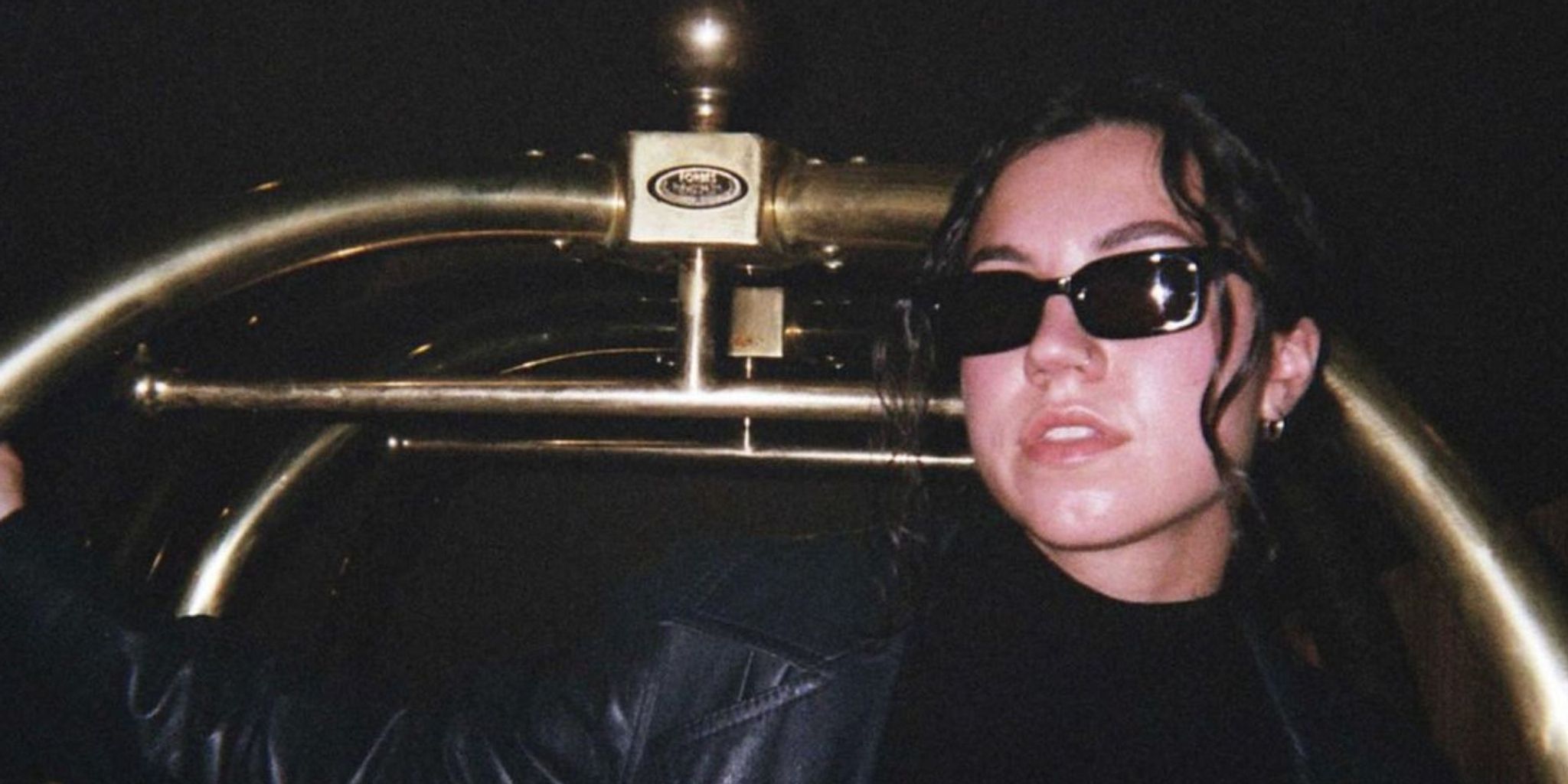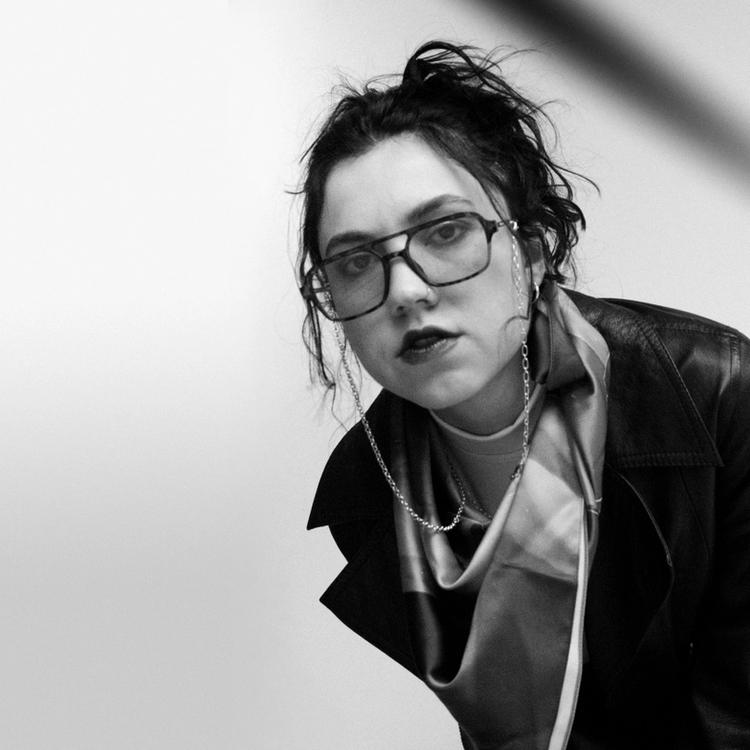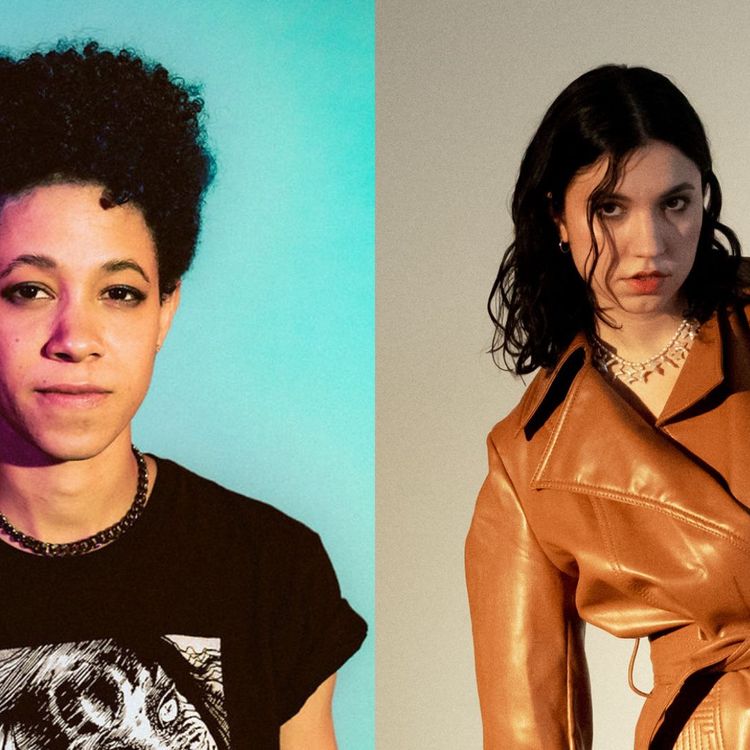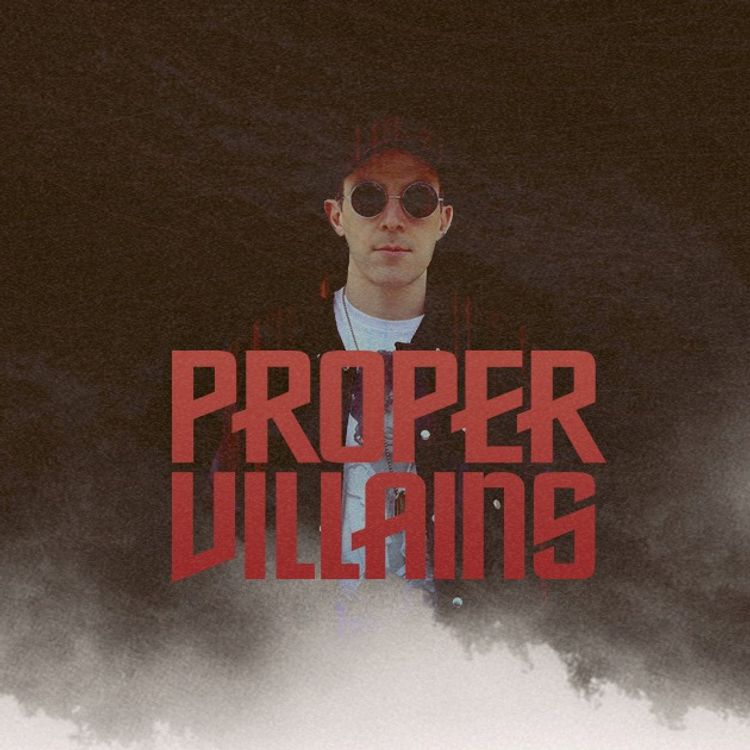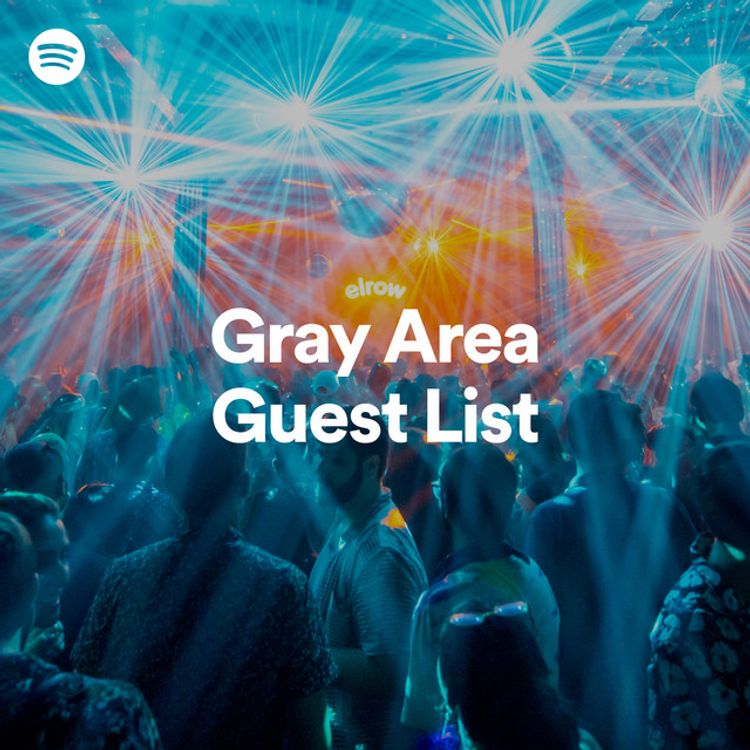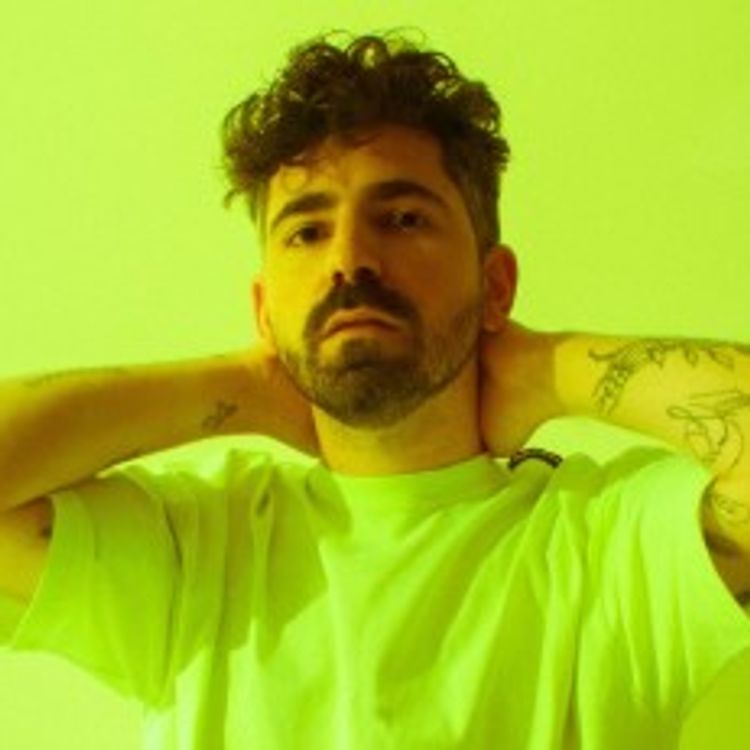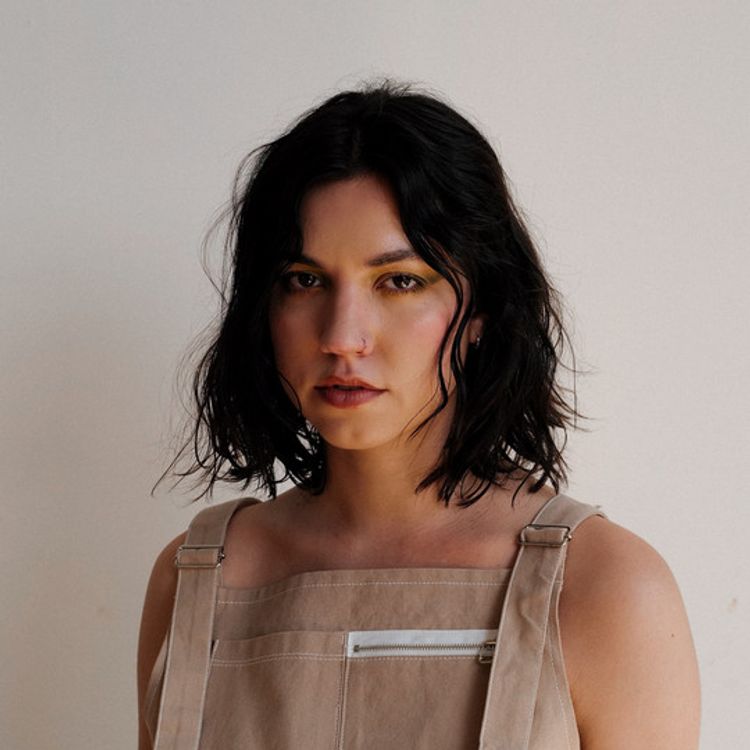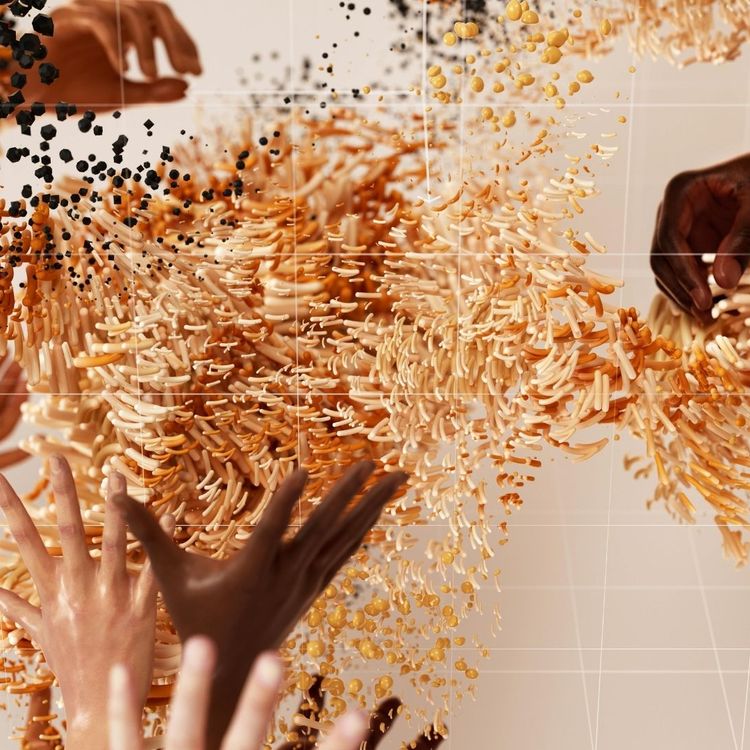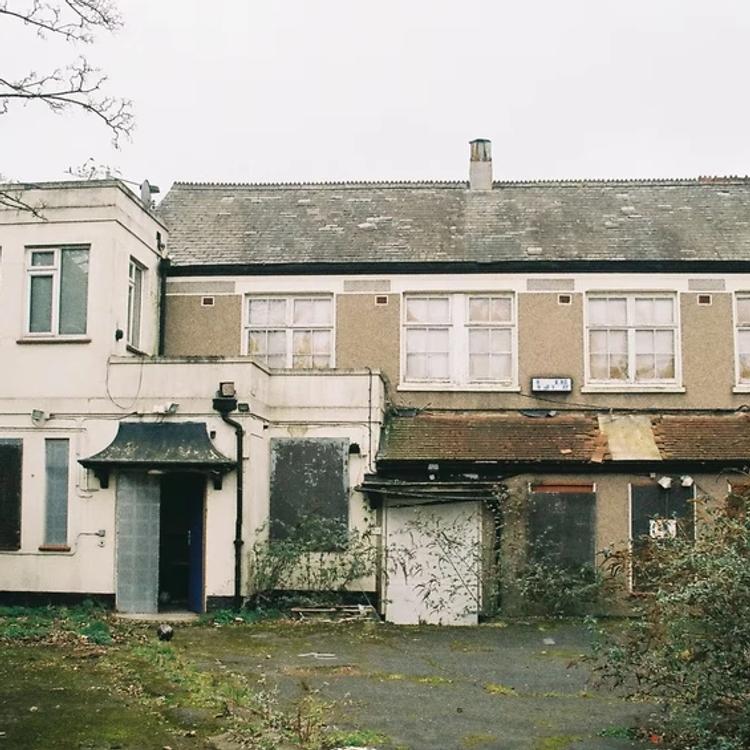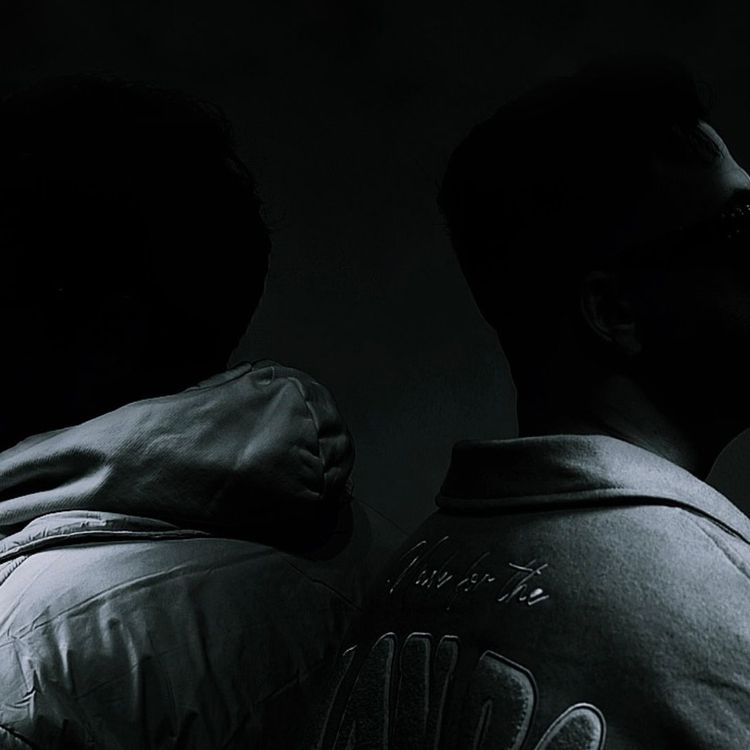The Inclusivity of Rave Space
Although Pride Month has concluded, the emphasis on LGBTQ+ inclusivity within the rave community remains vital. Despite the lesser-known queer origins of house music, a discernible lack of diversity in performance line-ups, and certain etiquette concerns, addressing these issues is essential. This article proposes four actionable strategies that both attendees and event producers can adopt to foster a more inclusive rave environment.
Solution 1: Diversity on the Decks
Promoting diversity in line-ups, by featuring artists from varied racial backgrounds and diverse gender identities, reinforces the inclusivity principle. In a recent interview, DJ Megan Rodriguez (known as QRTR) emphasized the significance of cultivating a joyful atmosphere on the dance floor. “The responsibility lies with the promoters,” Rodriguez shared. “Whenever I host an event, I'm present from the moment the doors open until the end. I lead by example – dancing, engaging, and ensuring a welcoming atmosphere, urging all performers to contribute to this ambiance.”
A diversified lineup can greatly enhance the potential for a positive impact on attendees. For instance, when a BIPOC trans femme DJ takes the stage, it might inspire an aspiring musician in the audience to pursue their dreams, recognizing the available opportunities. Similarly, a performance by a gender fluid artist could foster a broader appreciation and understanding of diverse perspectives on love.
Take Erin Moody (known as E-Mood) as a case in point. With their all-encompassing gender identity and acceptance of all pronouns, Erin can connect with the audience in a profoundly genuine way. Erin remarks, "While my gender fluid pansexual identity might play a role in my relatability, it's the wider range of experiences I've encountered that truly resonate with many. Our society's ever-increasing exposure to diverse human experiences has, in turn, broadened both our vocabulary and methods of acknowledging them. Although my identity isn't the primary factor for securing performances, I do believe my life experiences, coupled with my passion for music, hold a unique appeal for many."

Call to Action: Those in positions of influence over bookings for major events, as well as established DJs with the autonomy to choose opening acts, are encouraged to actively diversify their talent selections. Engaging in grassroots exploration and widening the scope of engagement to encompass artists from an array of backgrounds can be beneficial.
Solution 2: Cultivate Consciousness in Shared Spaces
Although the dance floor is designed to be a space welcoming to all regardless of race, gender expression, or sexual orientation, subtle micro-aggressions can sometimes emerge in these high-energy settings. Addressing and rectifying any instances of inappropriate behavior ensures that everyone can enjoy the space with a sense of safety and respect.
Adonis BC, known professionally as Naija Couture, a trans-masc DJ deeply rooted in Brooklyn’s QTBIPOC club music scene, underscores the significance of mutual consideration. "Ensuring safety extends beyond our immediate circles," he notes. "Creating space for Black and Brown individuals isn't about tokenism. It demands a sincere dedication to respect, human decency, and individual agency."
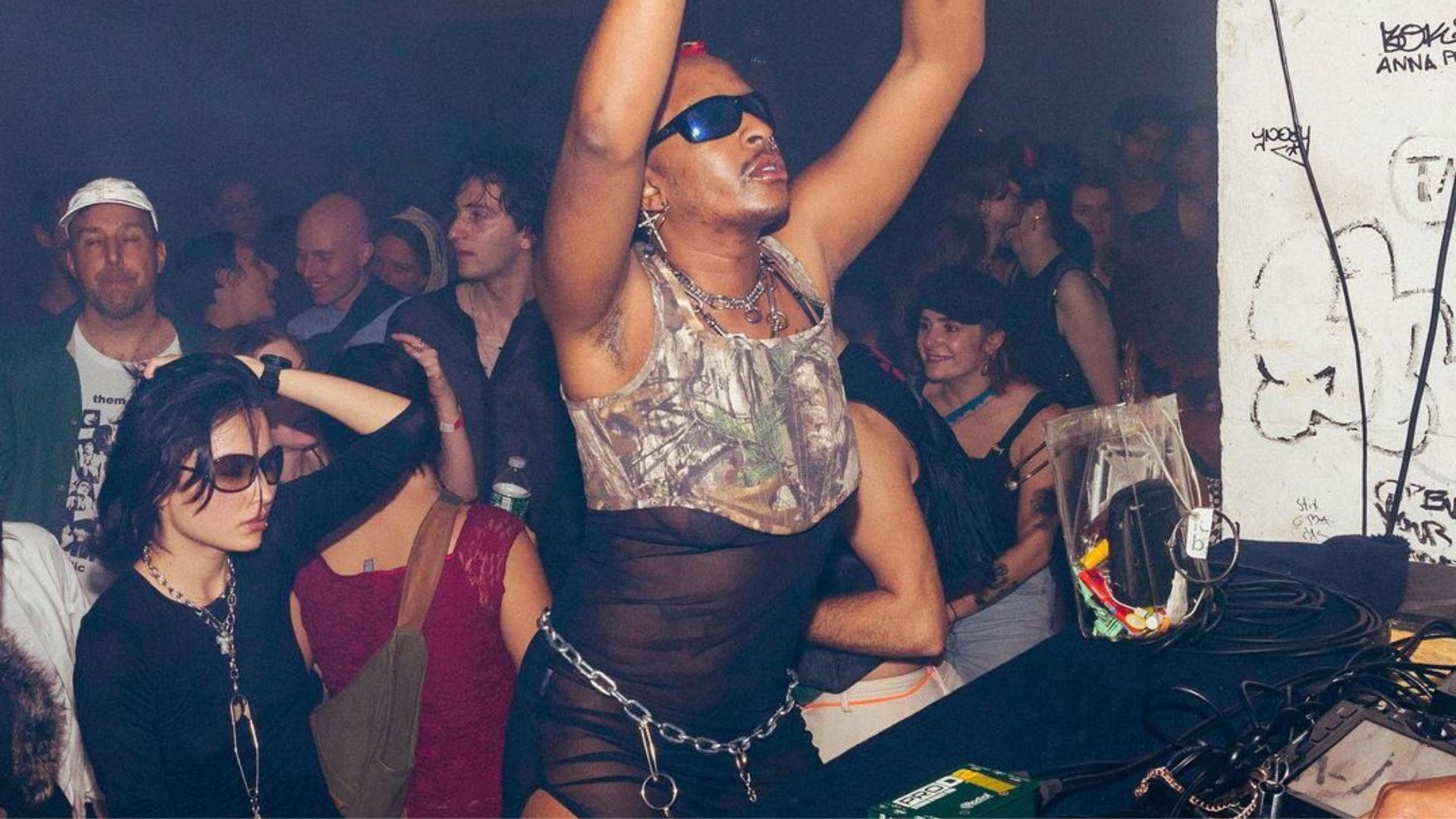
Call to Action: Cultivating an Inclusive Rave Experience
Adonis BC provides insight into fostering a more inclusive rave environment:
Educate Before Immersion: Before stepping into spaces celebrating queerness, unity, and openness, take the time to acquaint yourself with the performing DJs and the event's background.
Acknowledge Privilege: It's vital to understand and recognize one's privileges. Be proactive in challenging entrenched norms of race and gender.
Uphold Respect and Boundaries: On the dance floor, ensure you respect personal space, avoid excessive noise, and always remain courteous, including interactions at the bar. Such actions help maintain the sanctity of these queer-focused events.
Adherence to these principles can help carve out a space that cherishes every individual's presence, fostering a unified and inclusive ambiance.
Solution 3: Narrating the Legacy of House Music
A prevalent misconception suggests that house music is predominantly the brainchild of recent white male DJs, such as David Guetta, Avicii, and Tiësto. However, many might not realize that the origins of house music trace back to Chicago's queer underground scene in the early ‘80s.
Events orchestrated pioneering figures from Chicago aimed at curating an atmosphere of sheer euphoria. These raves offered an escape for QTBIPOC individuals from the challenges of unemployment, societal discrimination, and marginalization. The focus was on elevating communal consciousness through pure joy and exhilaration.
Relaying this history to fellow rave-goers is not about exclusivity but aims to deepen understanding and appreciation for this genre.
Call to Action: Emphasizing Storytelling and Awareness
Prioritizing the narration and education of house music's history underscores LGBTQIA+ inclusivity as an integral facet of rave culture. When modern ravers connect with the roots of house music, there's a tangible atmospheric shift. Rave events evolve from mere weekend escapades into profound, intentional celebrations, marking appreciation for life and mutual respect.
In conclusion, let's channel the essence of Pride Month throughout the year, ensuring every space is welcoming for those captivated by the magic of sound and dance.
